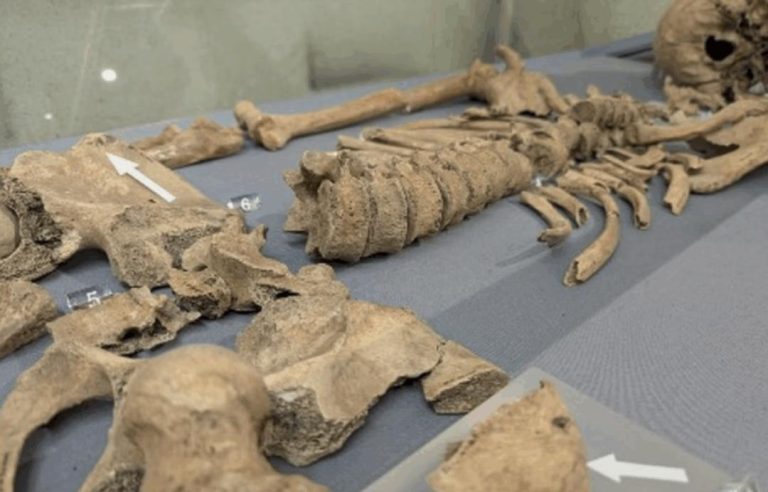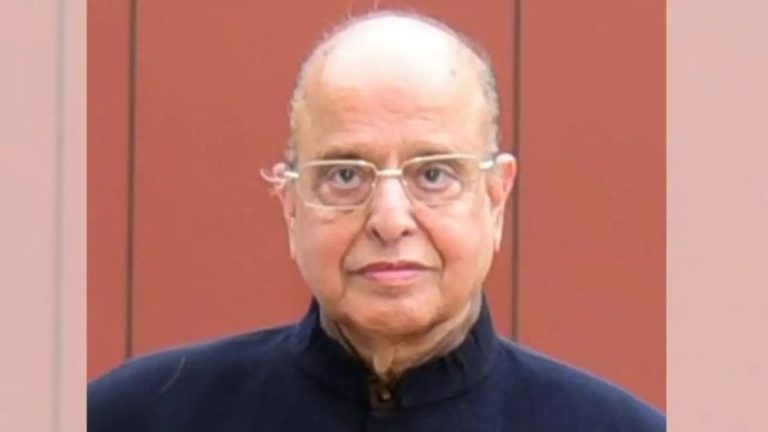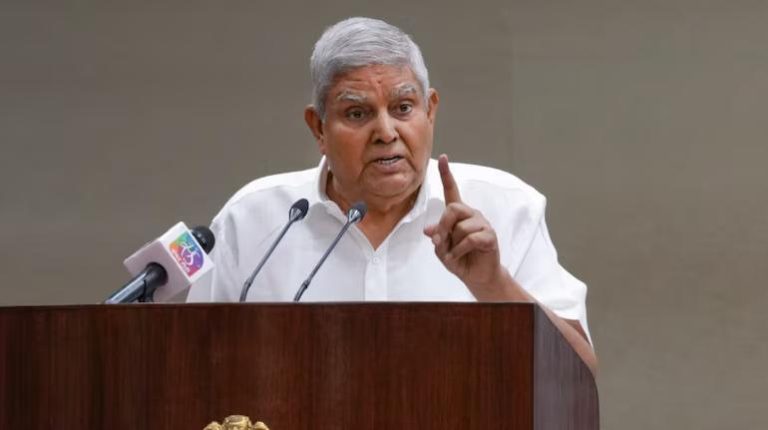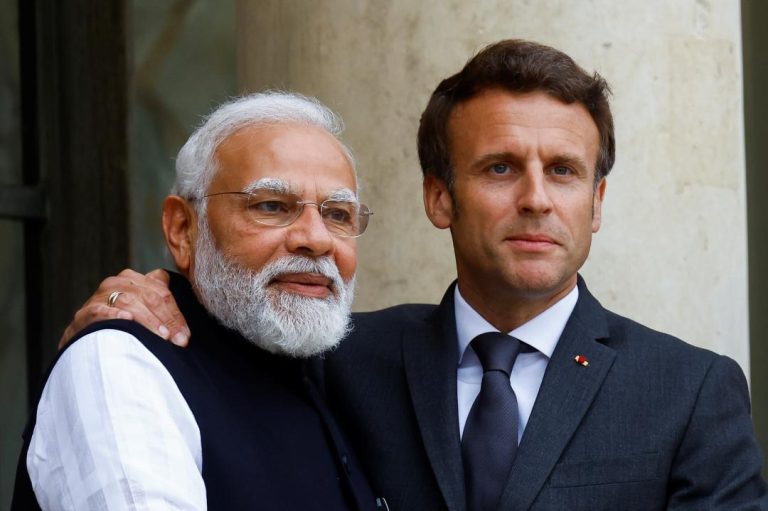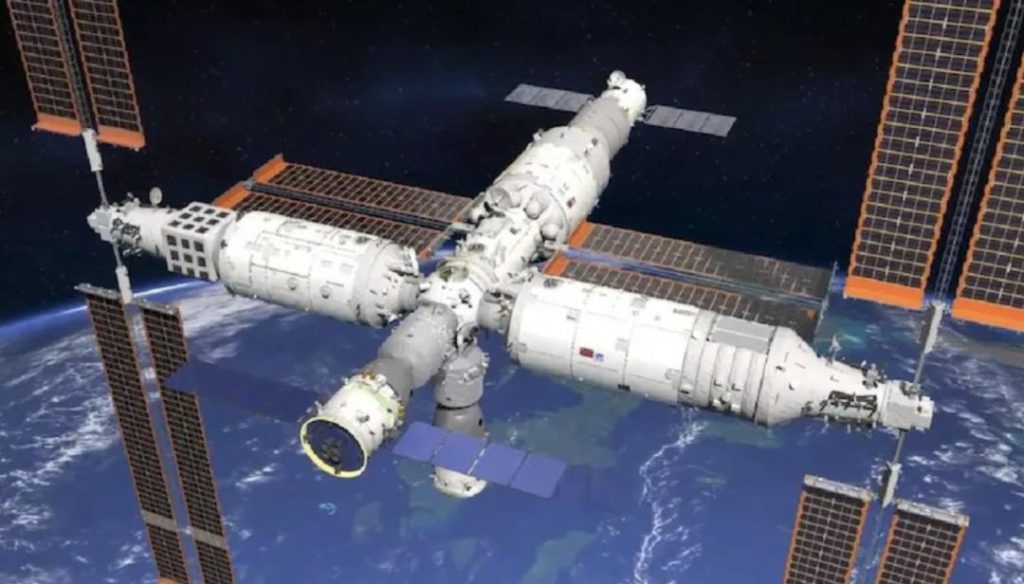
China to Train and Launch Pakistani Astronauts for the First Time
In a historic move, China has announced that it will train and launch two Pakistani astronauts for a joint mission to its Tiangong space station. This marks a significant milestone in the space cooperation between the two countries, with Pakistan becoming the first foreign country to have astronauts trained and launched by China.
According to the China Manned Space Agency, the two Pakistani astronauts will receive comprehensive spaceflight training in China, which will include subjects such as space technology, space science, and space operations. The training program is expected to be rigorous and extensive, preparing the astronauts for the challenges they will face during their mission to the Tiangong space station.
The joint mission is a result of a bilateral agreement between China and Pakistan to train and send Pakistani astronauts to China’s space station. This agreement is a testament to the strong and growing relationship between the two countries, with China and Pakistan already cooperating in various fields such as trade, commerce, and infrastructure development.
The Tiangong space station is a significant undertaking by China, with the aim of establishing a permanent human presence in space. The station is designed to be a versatile platform for scientific research, technology development, and space exploration. The addition of Pakistani astronauts to the mission will not only enhance the diversity of the crew but also provide an opportunity for cultural exchange and cooperation between the two nations.
The training program is expected to be a comprehensive and immersive experience, with the Pakistani astronauts learning about the various systems and operations of the Tiangong space station. They will also undergo training in spacewalk operations, robotic arm operations, and emergency preparedness, among other subjects.
The announcement of the training program has been seen as a positive development by space enthusiasts and experts in both China and Pakistan. The inclusion of Pakistani astronauts in the mission is a significant milestone in the country’s space program, which has been making rapid progress in recent years.
Pakistan’s space program has been gaining momentum in recent years, with the country launching its first satellite, Paksat-1R, in 2011. Since then, Pakistan has launched several satellites, including Paksat-1R, Paksat-2, and Paksat-3, which have been used for a variety of purposes such as telecommunications, weather forecasting, and scientific research.
The inclusion of Pakistani astronauts in the Tiangong space station mission is a significant step forward for Pakistan’s space program, and it is expected to pave the way for further cooperation and collaboration between the two countries in the field of space exploration.
The training program is also seen as a significant step forward for China’s space program, which has been making rapid progress in recent years. China has been actively pursuing its space ambitions, with the aim of establishing a permanent human presence in space.
China has already made significant strides in its space program, with the country launching its first astronaut, Yang Liwei, into space in 2003. Since then, China has launched several astronauts into space, including Liu Yang, who became the first Chinese woman in space in 2012.
The inclusion of Pakistani astronauts in the Tiangong space station mission is a significant step forward for China’s space program, and it is expected to pave the way for further cooperation and collaboration between the two countries in the field of space exploration.
In conclusion, the announcement of China training and launching two Pakistani astronauts for a joint mission to its Tiangong space station is a significant milestone in the space cooperation between the two countries. The inclusion of Pakistani astronauts in the mission is a significant step forward for Pakistan’s space program, and it is expected to pave the way for further cooperation and collaboration between the two countries in the field of space exploration.
